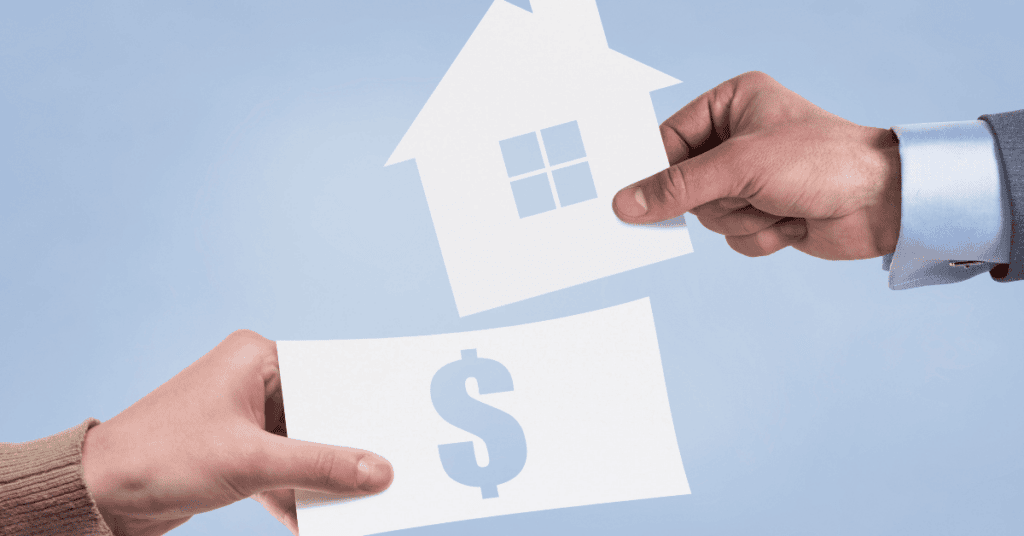Get Expert Financing
- Matched with investor-friendly lenders
- Fast pre-approvals-no W2s required
- Financing options fro rentals, BRRRR, STRs
- Scale your portfolio with confidence
Having your own business is appealing to many Americans. In fact, millions of us look to take greater control of our financial future by starting our own businesses.
But, like every major business project, there will be many benefits and challenges. One such challenge is obtaining a mortgage.
If you own a business, can you get a mortgage based on business bank statements? Yes, and one of the best options could be a business bank statement loan.
You can use business bank statements to qualify if you have at least 50% ownership in the business. You will qualify based on 50% of deposits, less the expense ratio for the business.
If you have less than 50% ownership, you can use distributions to your personal bank account to qualify. Note that you must have:
Sole proprietors with no business bank account may use their personal bank statements to qualify.
It all comes down to where your income is regularly deposited. Submit 12-24 months of bank statements where you receive deposits and let the bank statement loan lender take it from there.
Business bank statement loan requirements will vary by lender. However, generally, when applying for a business bank statement loan, information the lender might be reviewing includes:
Some lenders may be more lenient with credit ratings than others. Or some may accept gift funds as an acceptable source for bank statement loan down payment funds.
See if you’re eligible for a bank statement loan.Another factor a lender considers will be the percentage of ownership you hold in the business.
Some bank statement loan lenders set minimums standards for ownership. For example, an applicant might need to hold at least 50% ownership of the company to satisfy the requirements of a lender.
The number of statements you must produce will also vary between lenders. The standard period is the previous 12-24 months, but some lenders have bank statement loans that require as little as three months of deposit information. The best bank statement loan is one that fits your situation.
Like any conventional mortgage, business bank statement lenders will also check to see your debt-to-income ratio (DTI). In other words, they will check that your income is sufficient to make monthly mortgage payments without straining your finances too far.
Do your tax returns reflect your true income history or potential? As a self-employed person, probably not.
Part of the basic structure of self-employment is to deduct as much as legally possible from your income towards business expenses.
This economic contradiction meant millions of business owners had greater difficulty securing a mortgage to buy a home. So, business bank statement loans were created to fill the gap.
Other names for this type of loan are “self-employed mortgages” and “alternative documentation loans.”
How do these types of mortgages work? And what makes them different from conventional mortgages, alternative loans like a DSCR loan, or standard bank statement loans? Let’s explore.
Definitely not.
No-doc mortgages are loans where no income documentation is used. Bank statement loans require income documentation — namely bank statements.
This type of loan could benefit several different types of alternative income earners. Some examples include freelance professionals who offer services, independent workers, entrepreneurs, physicians, attorneys, real estate dealers, and representatives, to name a few.
For such occupations, standard or FHA mortgages are not an option. The taxable income on returns is often reduced due to deductions and business write-offs, which may result in an inaccurate picture of the amount of money the applicant makes.
There are bank statement loan pros and cons to be aware of. First, the “pros.”
Business bank statement loans are a much more efficient way to secure a mortgage when you have an alternative income system.
Without bank statement loans, these income earners would have to resort to private lenders, hard money loans, or another similar option.
Instead, business bank statement loans can be backed by more established financial institutions—like banks—because they are based on verifiable and more accurate income information.
They can also be secured quickly, allowing borrowers to receive their money in a timely manner. The repayment terms can also be flexible, making them more suitable for those with an irregular income payment schedule.
Lenders typically require a larger down payment to cover the increased risk associated with these loans, and bank statement loan interest rates may also be higher.
The interest rate will largely depend on the amount of a down payment you offer, your credit score, and the value of the property in question. Minimum standards for credit scores tend to be more strict with business bank statement loans.
As with any mortgage product, the general rule is that the better your credit score, the better the interest rate you will be offered.
Most lenders will want to look at your business bank accounts, but many others will allow you to use a combination of your personal and business accounts. Much of this will likely depend on the nature of your business setup and how your profits are structured.
Yes—depending on the type of business you have.
Sole proprietors, for example, may not have a business account. Realtors may not either.
Another scenario might be business partners who receive their distributions from the business in regular increments. (Note: cases like this could mean that 100% of their deposits are considered earnings—see “expense ratio” below.)
Ultimately, if all of your profits go into a personal account instead of a business account, it could easily be used as the sole source of income information.
Everyone knows that one of the biggest parts of running a business is the expenses you pay.
Rather than reviewing your accounting with a fine-toothed comb, lenders often use a simple, even division of your deposits. This calculation means most lenders will only consider 50% of your business bank account deposits as income and the other 50% as going toward business expenses.
But this even split of income won’t necessarily apply to every application. As mentioned above, partners who are paid regular distributions could have 100% of their deposits flagged as income.
Other types of businesses are considered low to higher-than-average overhead, which can greatly affect the percentages. Lenders might recognize that a company that uses very little physical equipment to run its business won’t have much in the way of expenses.
Another alternative for this expense ratio is if the lender would accept a profit and loss (P&L) statement from your company’s CPA.
This official statement might be able to give a more accurate picture of your business’ finances.
Owning your own business shouldn’t have to mean not getting a mortgage.
Business owners and other types of self-employment make up a significant portion of our economy; meeting these folks’ financial needs can benefit everyone.
That’s why business bank statement loans were created and why asking a qualified lender for more details is a good idea. Business bank statement loans could be the best way to get that mortgage you need.
See if you’re eligible for a bank statement loan.Our advice is based on experience in the mortgage industry and we are dedicated to helping you achieve your goal of owning a home. We may receive compensation from partner banks when you view mortgage rates listed on our website.

